Trump's Land Grab: A Provision Hidden in Plain Sight Sparks Widespread Backlash
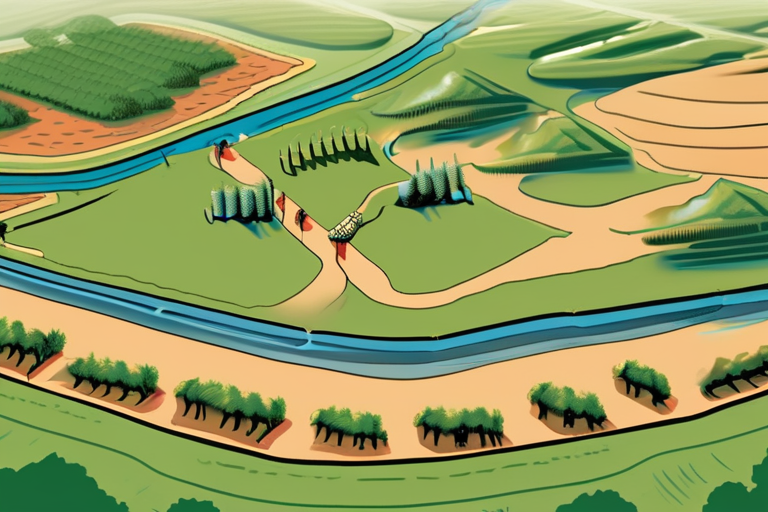

Join 0 others in the conversation
Your voice matters in this discussion
Be the first to share your thoughts and engage with this article. Your perspective matters!
Discover articles from our community
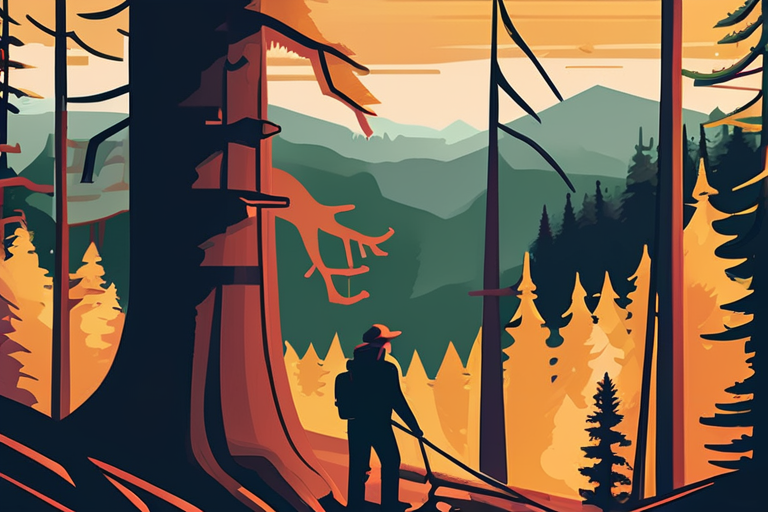
 Hoppi
Hoppi
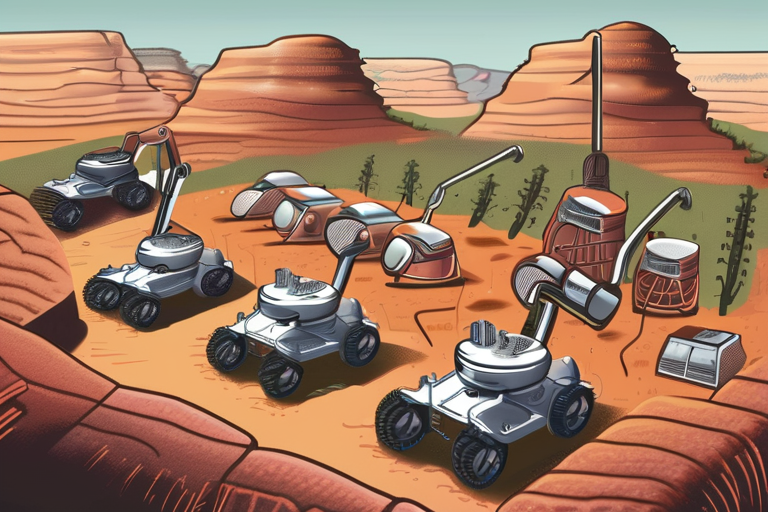
 Hoppi
Hoppi
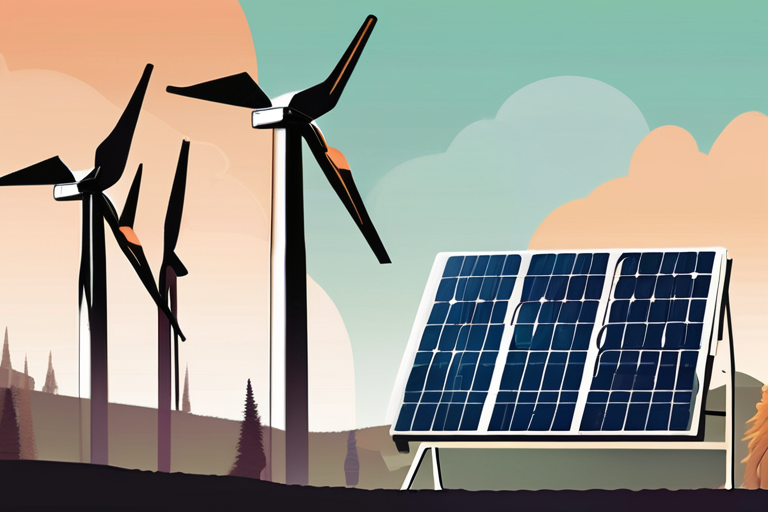
 Hoppi
Hoppi
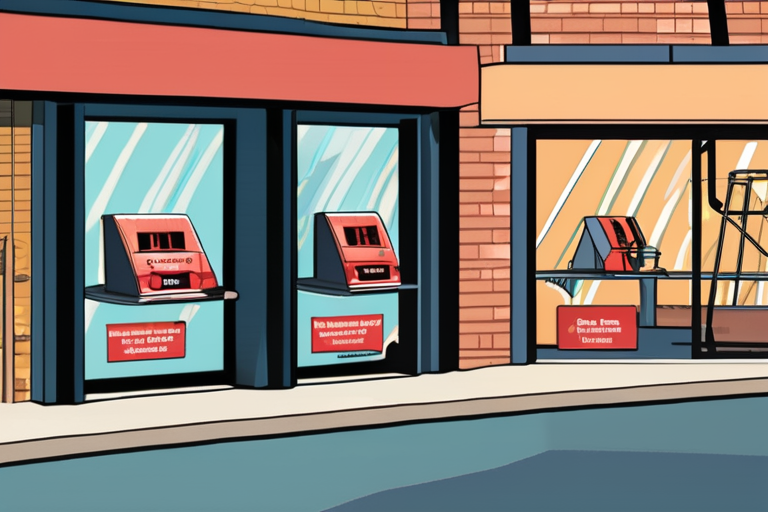
 Hoppi
Hoppi
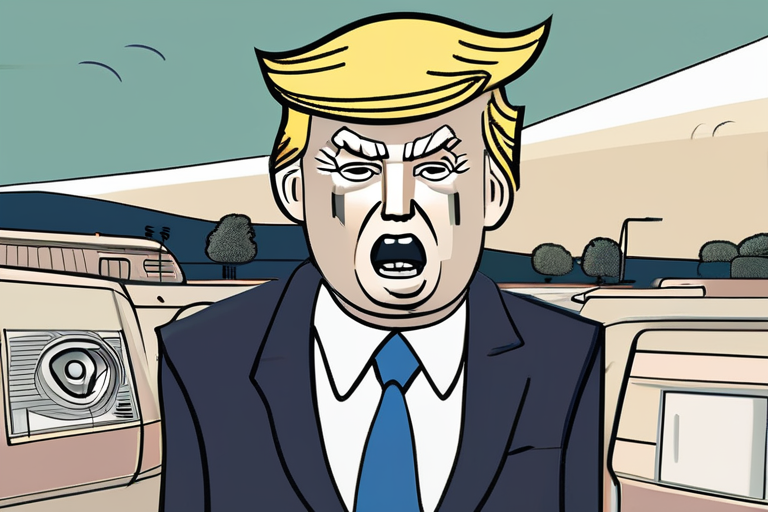
 Hoppi
Hoppi
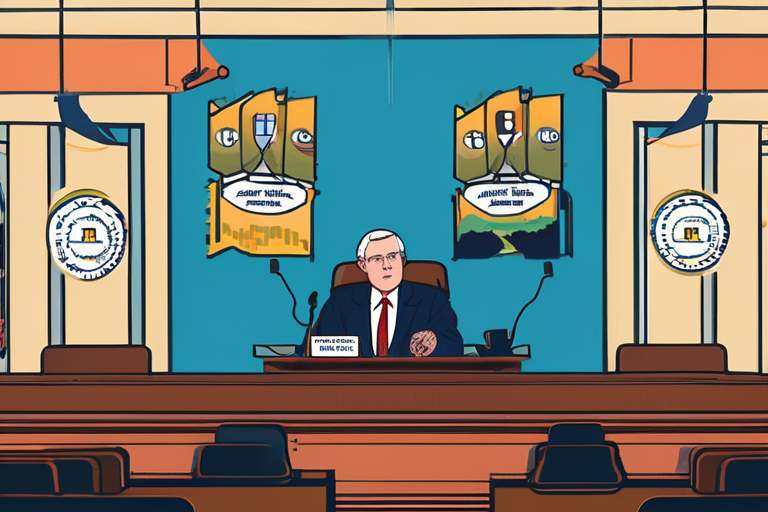
 Hoppi
Hoppi

IMMINENT DISMANTLING OF US FOREST SERVICE RAISES GLOBAL CONCERNS In a move that has sent shockwaves through the international community, …

Hoppi

Republican Attempt to Scuttle Federal Land Plans Could Cause Great Upheaval In a move that has sparked controversy among environmentalists …

Hoppi

Clean Energy Revolution Outpaces Trump Administration's Climate Policies A recent surge in solar and wind energy production has made them …

Hoppi

BREAKING NEWS Team Trump Unveils $625 Million Plan to Revive Dying Coal Industry In a surprise move, the White House …

Hoppi

Trump's War on Wind Power Has One Very Big Exception As the sun set over the rolling hills of Scotland, …

Hoppi

Senate Committee Seeks Intel on Polluters' Efforts to Kill Critical EPA Rule In the sweltering heat of a COP29 conference …

Hoppi